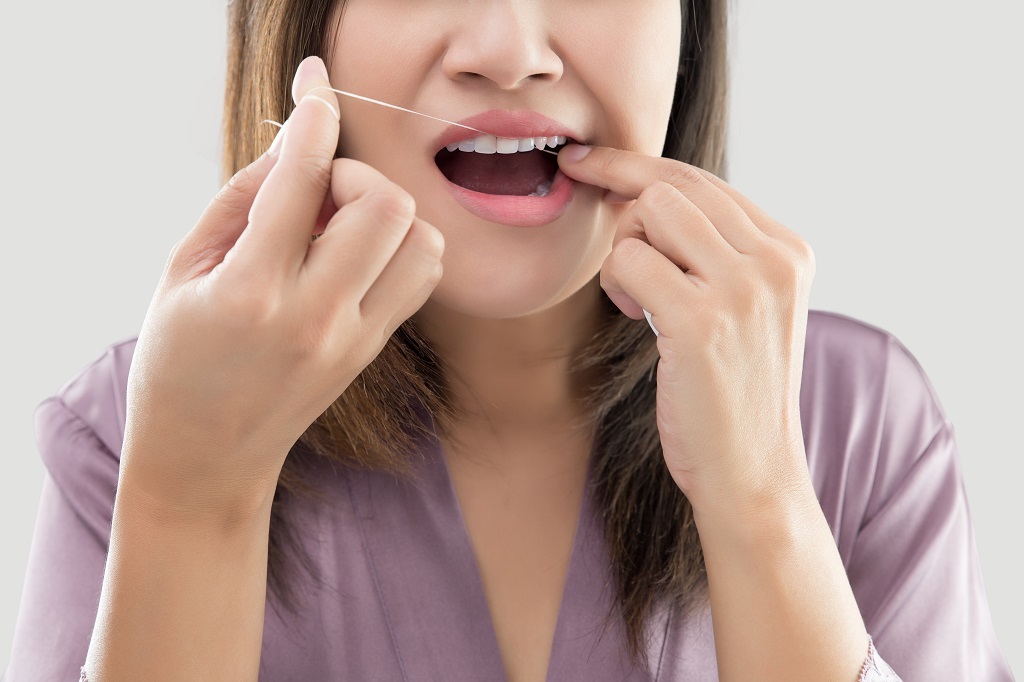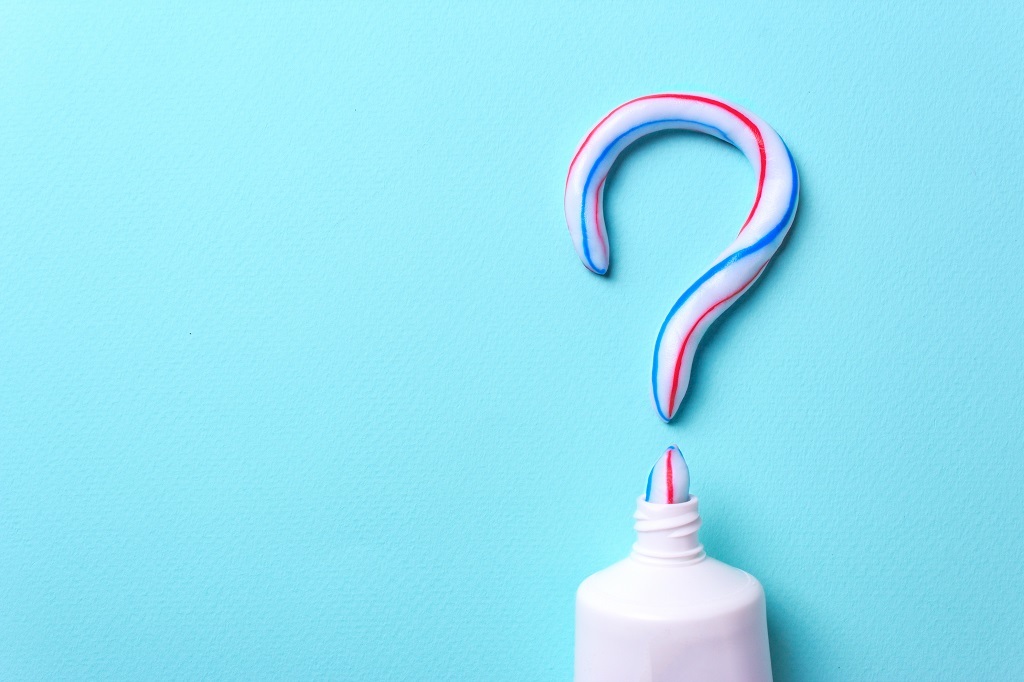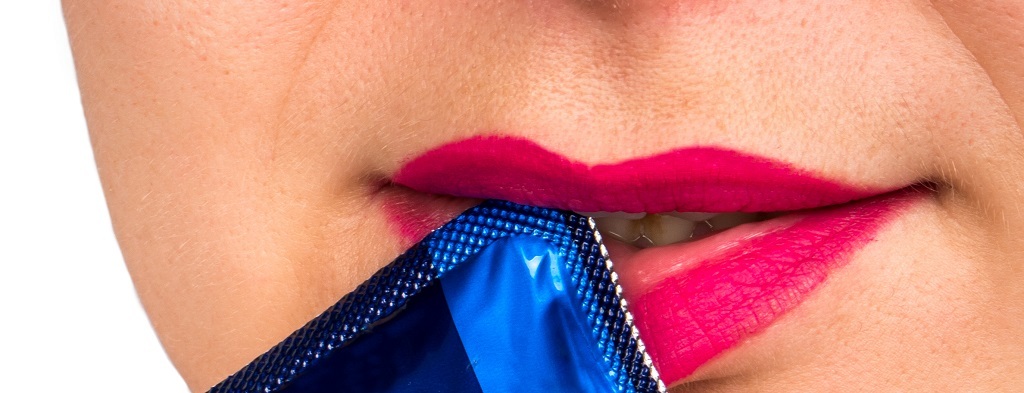Most of believe we’ve got a good dental hygiene routine down – brush twice a day and you’re good to go, right?
Wrong.
This September, it’s time to take yourself back to dental school and relearn the habits and healthcare tips to ensure your teeth stay healthy and free of cavities.
The team of dentists from Edinburgh’s New Town Dental Care have given us their top tips for a great smile that will last; from basic hygiene to going that extra mile to keep your smile white, bright and gorgeous for years to come. Take your dental care routine to the next level and enjoy the benefits that a healthy smile brings…
Use proper brushing technique
A quick scrub at your gnashers isn’t enough to get those teeth properly clean, explains New Town Dental Care’s Dr Jonathan Hiscocks – it’s all about the technique if you want to make sure that your teeth are as clean as can be.
‘If you aren’t taking care to brush every surface of the tooth, you aren’t eradicating leftover food particles properly, and you’re leaving build-up behind, which can lead to plaque or tooth decay. Use an electric toothbrush, and start with your brush at a 45-degree angle to your gums and allow the brush to work over the sides and the tops of your teeth. Then, with the brush held vertically and using the same motion, focus on the backs of the teeth, where plaque often builds up, to ensure teeth are properly cleaned from all angles.’
Brush enough
Dr Jonathan tells us: ‘Most people are religious about brushing twice a day and are very good at sticking to this routine. However, where lots of people fall down is that they don’t brush the teeth for long enough to have cleaned them effectively. You should be brushing for two minutes, twice a day. If you’re struggling to stick to the two-minute rule, brush for the duration of a song or set up a timer on your phone to make sure you stick to it – your teeth will thank you for it. Many electric brushes have a timer built in to help with this.’
Use the right brush
‘It’s not a case of “any brush will do”‘, says Dr Jonathan. ‘“Most adults require a small or medium sized toothbrush, which has a head and bristles small enough to reach into the crevices of your molars and to the very back teeth, where food debris can hide after you eat and build up plaque and decay. An electric toothbrush is preferable and recommended by dentists, as the oscillating bristles are more effective than manual toothbrushes at cleaning your teeth.’

Floss!
‘Flossing is such a key part of a great dental hygiene routine, but so many people skip this step,’ explains Dr Jonathan. ‘Even those that do floss often get it wrong, missing the germs that are out of reach to the toothbrush and defeating the purpose. Use a piece of floss around 18 inches in length, allowing you to use a fresh area of floss with every stroke, and keep in mind that the floss should create a ‘c’ shape around each tooth, to effectively remove lingering bacteria from the sides, front and back of the tooth. You can also use the floss to scrape gently down the front of the teeth.’
Mouthwash isn’t always necessary
‘Many people use a mouthwash daily to boost fresh breath and reinforce a cleaning regime, but it isn’t always necessary,’ Dr Jonathan says. ‘Generally speaking, if you have a good brushing and interdental cleaning routine, you don’t need a daily mouthwash. Using mouthwash after brushing will rinse away the toothpaste which is trying to benefit your teeth. I would recommend them to help with a particular problem, rather than a daily-use product for everyone.’
Clean your brush between uses
Cleanliness is something that Dr Jonathan believes is essential to good dental hygiene, and that means the cleanliness of your toothbrush. ‘It’s imperative that your toothbrush stays clean and hygienic. Don’t use covers to keep your brush clean; this can actually encourage the breeding of new bacteria, which will then be introduced into your mouth. Instead, rinse your brush thoroughly after each use and allow it to air dry, far away from your toilet. Once a week, rinse it hot water or antibacterial mouthwash to kill off any lingering germs. You should also avoid sharing brushes with others, to avoid spreading bacteria or cross-contamination.’
Change your brush regularly
‘This is a really important part of a healthy dental regime,’ states Dr Jonathan. ‘Bristles deteriorate with usage and stop being so effective, meaning that your teeth aren’t getting as good a clean, plus bacteria can build up with use. Make a point of buying a new brush every three to four months – mark it in your calendar to make sure you commit to it, and try to keep spares in the bathroom so that you can switch to a fresh brush as soon as you notice your current one wearing.’

Use the right kind of toothpaste
‘There are many kinds of toothpaste on the market, and it can be tricky to know which one is suitable for your needs,’ Dr Jonathan explains. ‘If you’re unsure, speak to your dentist, but generally speaking, you can find toothpastes for gum health, sensitive teeth, staining and a multitude of other issues. You should incorporate a fluoride toothpaste into your routine to help prevent tooth decay too.’
Don’t rinse after brushing
‘Many people don’t realise that after brushing your teeth, you shouldn’t rinse your mouth with water or mouthwash. Toothpaste needs to stay in contact with the teeth in order to impart its benefits, so if you rinse out your mouth, you’re washing away all of the beneficial ingredients instead of leaving them to work on your teeth. Instead, just spit out excess toothpaste when you’re finished brushing.’
Scrape your tongue
‘Another often-missed element of brushing your teeth is remembering to scrape the tongue, to get rid of bacteria and also help to freshen your breath after brushing. Choose a toothbrush with a ridged tongue scraper for a quick and simple way to add this step into your routine, and remember to scrape along the insides of the cheeks too, rinsing the scraper after each swipe.’
Don’t eat after brushing your teeth
Dr Jonathan says: ‘Use your night-time tooth brushing as the cut-off point to stop eating for the evening. Having a snack before you sleep, without brushing your teeth afterwards, will allow food particles and sugar to remain on the teeth for hours on end, fuelling bacteria on the teeth, which can lead to cavities and further problems down the line.’
 Don’t use your teeth for anything other than eating
Don’t use your teeth for anything other than eating
‘It sounds straightforward, but it’s a rule many patients ignore without thought,’ explains Dr Jonathan. ‘Using your teeth for things like ripping sticky tape, cracking nuts, removing bottle tops or opening packaging, risks damage to the teeth. In extreme scenarios, you can chip or even break the teeth this way.’
Book in for regular dental check-ups
When was the last time you saw your dentist? Dr Jonathan is willing to bet that it wasn’t within the past six months. ‘Over 50% of the UK’s adults haven’t seen their dentists in the past two years, or even longer,’ he says. ‘Regular dental check-ups are essential to maintaining good dental health, and you should make sure that you are booked into see your dentist twice per year. If you experience any issues such as toothache or bleeding gums, you should book into see your dentist immediately.’
TAGS

